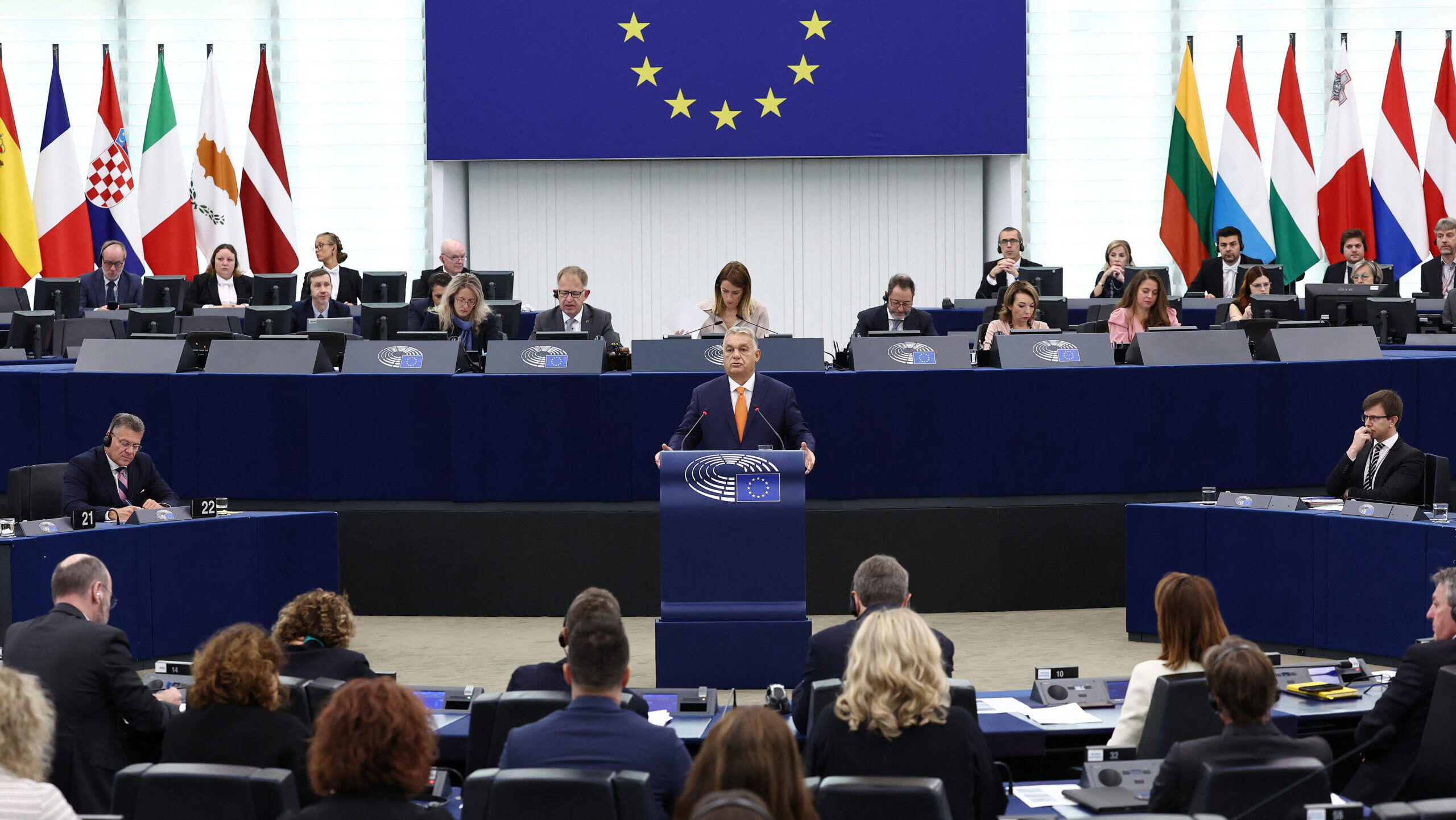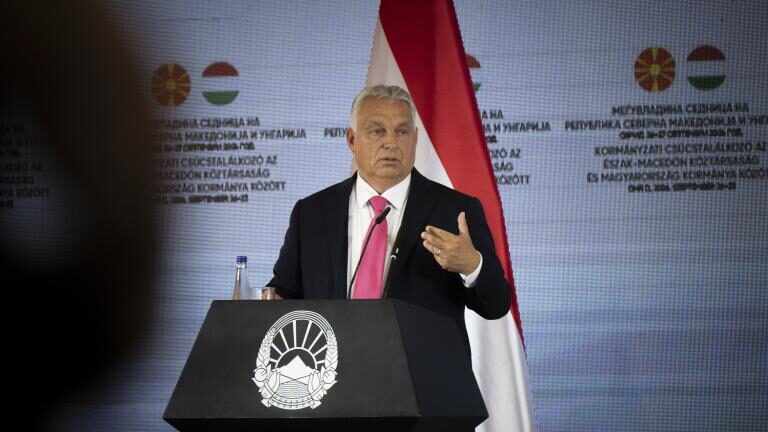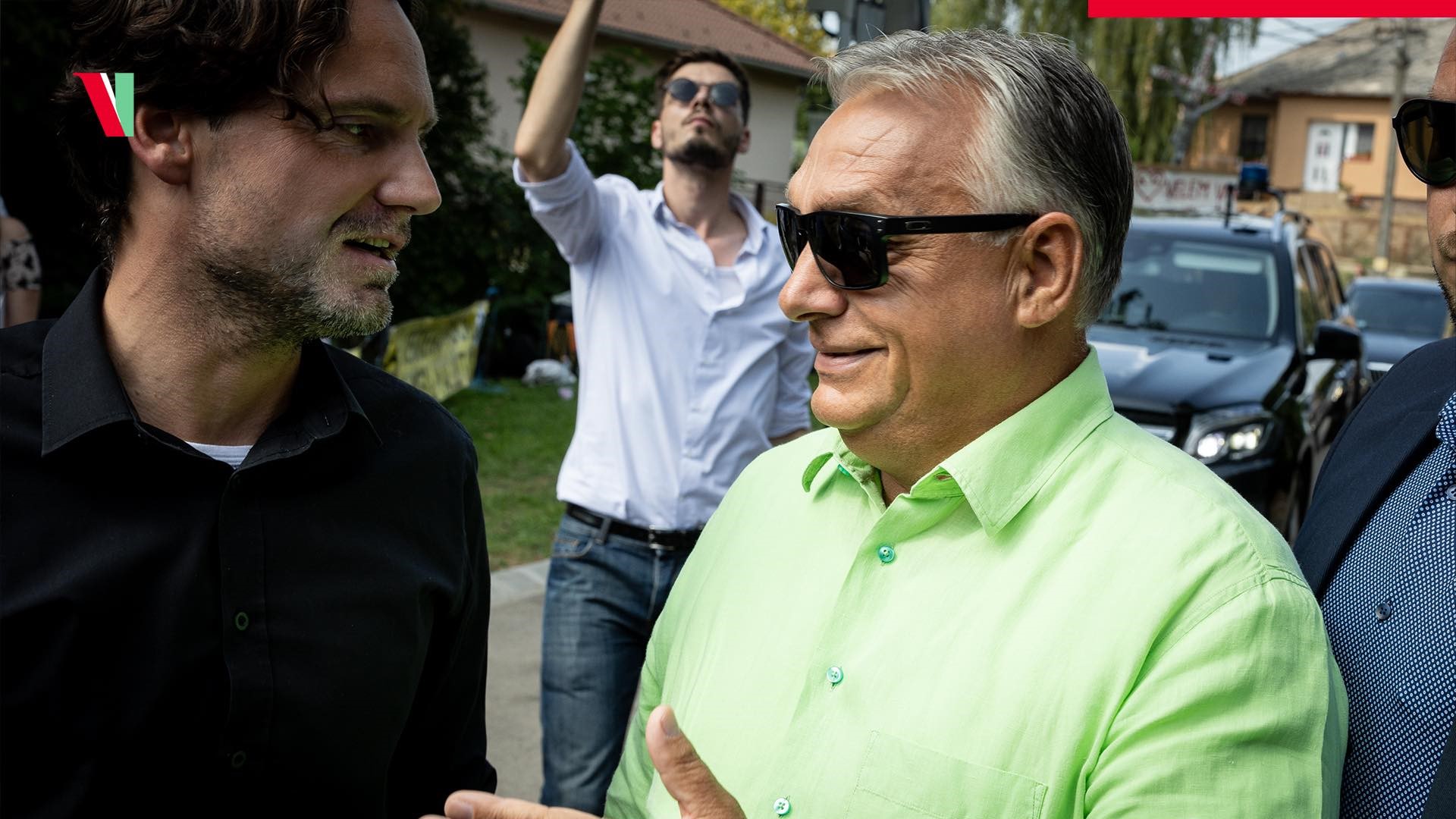
PM Orbán Stands His Ground As EP Debate on EU Presidency Turns Into Mudslinging
On Wednesday Viktor Orbán presented the priorities of the Hungarian EU Presidency to the plenary in Strasbourg; however, instead of addressing the pressing challenges facing Europe, MEPs—led by Ursula von der Leyen—seized the opportunity to launch a personal political attack on the Hungarian Prime Minister, demonstrating that the left-wing majority does not allow for a professional debate.









